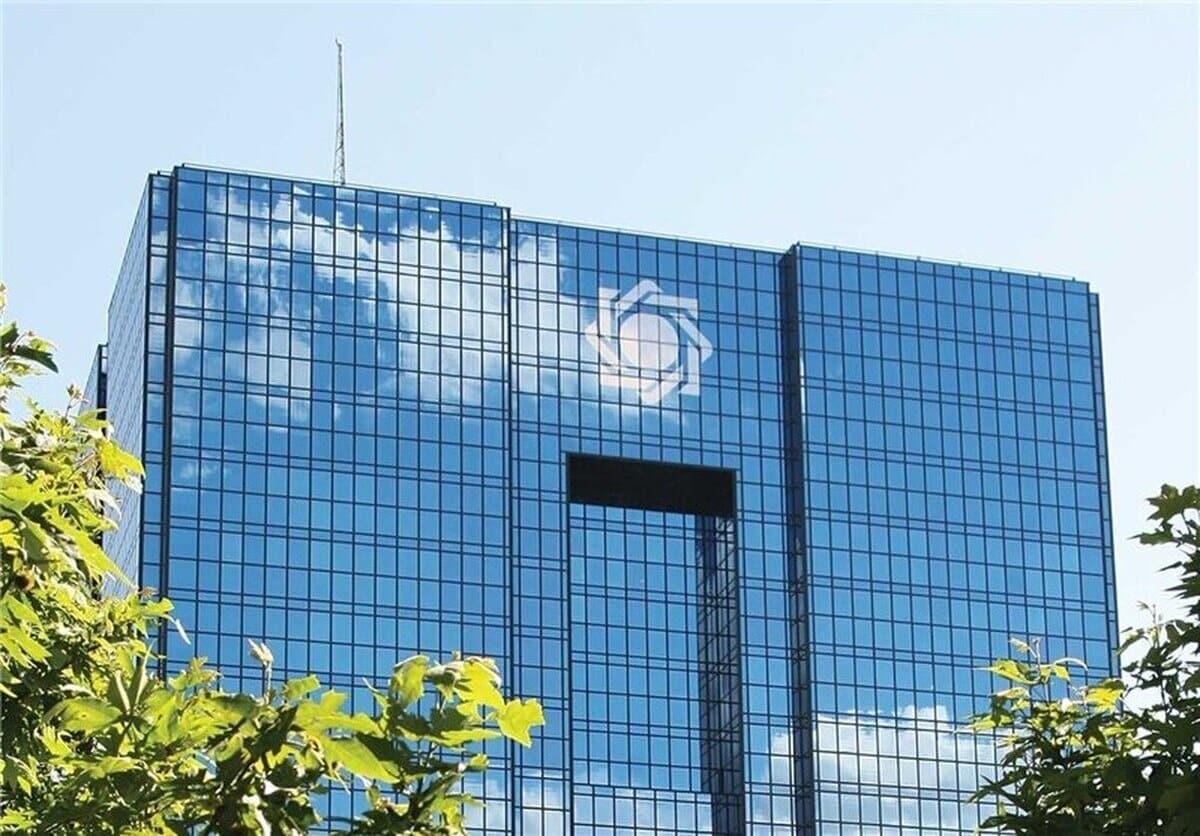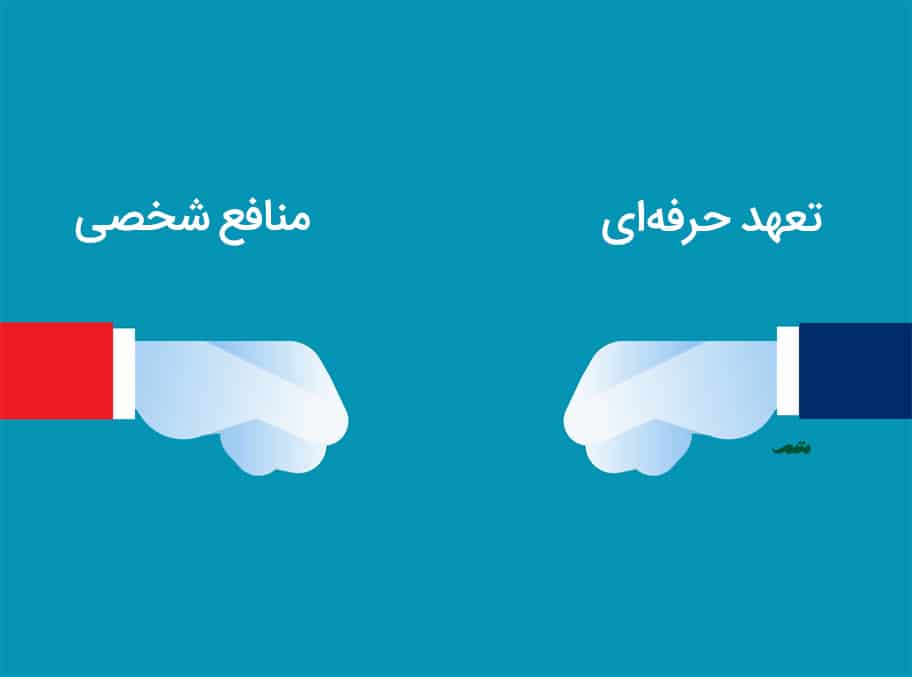«گزارشدهندگان تخلفات» (Whistleblowers) از نقش مهمی در افشای فساد، کلاهبرداری، سوءمدیریت و سایر تخلفاتی که سلامت و امنیت عمومی، سلامت مالی، حقوق انسانی، محیط زیست و حاکمیت قانون را به خطر میاندازد، برخوردارند. این افراد با گزارش اطلاعاتی پیرامون این گونه تخلفات، به حفظ جان افرادی بیشمار و جلوگیری از هدر روی میلیاردها دلار از بودجه عمومی کمک کرده، از بروز تخلفات دیگر و بدتر شدن شرایط جلوگیری مینمایند.
(مطالب زیر ترجمه از مقدمه سند)
«گزارشدهندگان تخلفات» (Whistleblowers) از نقش مهمی در افشای فساد، کلاهبرداری، سوءمدیریت و سایر تخلفاتی که سلامت و امنیت عمومی، سلامت مالی، حقوق انسانی، محیط زیست و حاکمیت قانون را به خطر میاندازد، برخوردارند. این افراد با گزارش اطلاعاتی پیرامون این گونه تخلفات، به حفظ جان افرادی بیشمار و جلوگیری از هدر روی میلیاردها دلار از بودجه عمومی کمک کرده، از بروز تخلفات دیگر و بدتر شدن شرایط جلوگیری مینمایند.
«گزارشدهنده تخلفات» معمولاً ریسک شخصی بالایی را میپذیرند. آنها ممکن است از کار خود اخراج شوند، تحت تعقیب قرار گیرند، دستگیر و یا تهدید شوند و در شرایطی خاص حتی مورد سوء قصد جانی قرار گیرند. لذا حفاظت این افراد از چنین انتقامگیریهایی سبب ترویج و افزایش کارایی فرایندهای گزارش فساد شده و بازبودن و پاسخبودن در محیطهای اداری دولتی و خصوصی را افزایش میدهد.
حق شهروندان نسبت به گزارش تخلفات، جزئی جدا ناشدنی از حق آزادی بیان است و با اصولی همچون شفافیت ارتباطی وثیق دارد. همه افراد از این حق برخوردارند که از سلامت و بهزیستی سایر افراد و کل جامعه حفاظت کرده، و در مواردی خاص نسبت به گزارش تخلفات وظیفهای را بر عهده دارند. لذا فقدان محافظت اثربخش میتواند دوگانهای را پیش روی «گزارشدهندگان تخلفات» قرار میدهد: از آنها انتظار میرود چنین خطاهایی را گزارش کنند، و در عوض خود را در معرض انتقام یا خسارت قرار دهند.
با به رسمیت شمردن نقش «گزارشدهندگان تخلفات» در تلاشهای ناظر به مبارزه با فساد، کشورهای بسیاری تلاش کردهاند قوانینی را به منظور حفاظت از این افراد از طریق کنوانسیونهای بینالمللی به تصویب برسانند. علاوه بر آن، حکومتها، بنگاههای تجاری و نیز سازمانهای غیرانتفاعی در سراسر دنیا تلاش کردهاند «فرایندهای افشای تخلف» (whistleblower procedures) مشخصی را نیز در جای بنشانند. ضروری است که این سیاستها بتوانند مسیرهای قابل دسترسی مناسبی را برای افشا در اختیار «گزارشدهندگان تخلفات» قرار داده، آنها را به صورت معناداری از هرگونه انتقامجویی محافظت کرده و ضمانتهایی را ارائه نمایند که اطلاعات افشا شده، اقدامات مشخصی را برای پیگیری مسئله در پی خواهد داد.
در همین راستا، در این سند اصولی ارائه گردیده که میتوانند به عنوان راهنمایی به منظور تدوین ابتدایی و یا ارتقاء قوانین ناظر بر «گزارشدهندگان تخلفات» مورد استفاده قرار گیرند. این اصول بایستی در بستر سیاسی، اجتماعی و فرهنگی و نیز چارچوب قانونی خاص هر کشور قرار گیرد. …
Whistleblowers play an essential role in exposing corruption, fraud, mismanagement and other wrongdoing that threaten public health and safety, financial integrity, human rights, the environment and the rule of law.
By disclosing information about such misdeeds, whistleblowers have helped save countless lives and billions of dollars in public funds, while preventing emerging scandals and disasters from worsening.
Whistleblowers often take on high personal risk. They may be fired, sued, blacklisted, arrested, threatened or, in extreme cases, assaulted or killed. Protecting whistleblowers from such retaliation will promote and ease the efficient exposing of corruption, while also enhancing openness and accountability in government and corporate workplaces.
The right of citizens to report wrongdoing is a natural extension of the right of freedom of expression, and is linked to the principles of transparency and integrity. All people have the inherent right to protect the well-being of other citizens and society at large, and in some cases they have the duty to report wrongdoing. The absence of effective protection can therefore pose a dilemma for whistleblowers: they are often expected to report corruption and other crimes, but doing so can expose them to retaliation.
Recognising the role of whistleblowing in corruption-fighting efforts, many countries have pledged to enact whistleblower protection laws through international conventions. And, ever more governments, corporations and non-profit organisations around the world are putting whistleblower procedures in place. It is essential, however, that these policies provide accessible disclosure channels for whistleblowers, meaningfully protect whistleblowers from all forms of retaliation, and ensure that the information they disclose can be used to advance needed reforms.
To help ensure that whistleblowers are afforded proper protection and disclosure opportunities, the principles presented here serve as guidance for formulating new and improving existing whistleblower legislation. They should be adapted to an individual country’s political, social and cultural contexts, and to its existing legal frameworks. They take into account lessons learned from existing laws and their implementation in practice, and have been shaped by input from whistleblower experts, government officials, academia, research institutes and NGOs from all regions. These principles will be updated and refined as experiences with legislation and practices continue to unfold.







